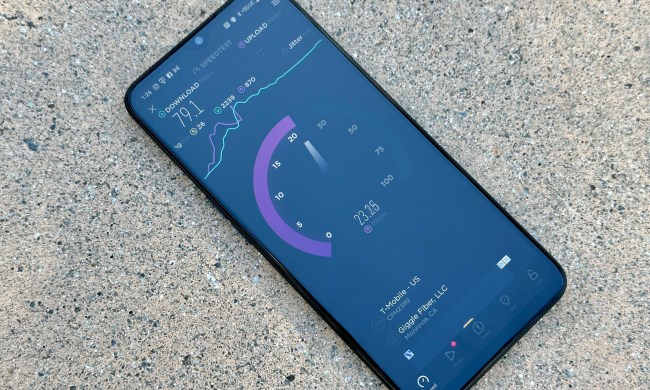T-Mobile is finally — and officially — getting into the home internet game. The company has been testing its home internet service for a while now, but now it’s moving out of that phase and launching its service to the public.
According to T-Mobile, 30 million households are now eligible to sign up for the service, and 10 million of those households are in rural areas. Pricing on the service sits at $60 with auto pay or $65 without. There are no fees for equipment rental, and T-Mobile says that customers will install their own equipment — which should be easier than cable-based internet services.
The new service is built to leverage T-Mobile’s large and growing 5G network. However, in areas where 5G isn’t available, it will instead use a 4G signal. According to the company, “most customers will get speeds of 100Mbps,” and all customers will get average speeds of 50Mbps. That’s not bad, especially in rural areas where higher download speeds aren’t available.

There is some fine print to note. Most important is the fact that T-Mobile says that its home internet service is subject to slowdowns during times of congestion. That may not be too much of an issue in rural areas, but it could come into play in more densely populated areas.
Speaking of 5G, T-Mobile wants to move customers off of its 4G network and onto its fancy new 5G one. The company has launched a new promo that will give any customer a 5G phone in exchange for their old device, as long as they sign up for two years of T-Mobile service. Users don’t have to add a new line, but they do need to have at least one T-Mobile line. Android users will get a Samsung Galaxy A32, which is the lowest-end 5G compatible phone in Samsung’s new Galaxy A lineup. Apple users will be able to trade in their iPhone 11 for an iPhone 12 directly or trade in their older iPhone for half off an iPhone 12 or iPhone 12 Mini.
T-Mobile’s 5G network is probably the most robust right now, but Verizon and AT&T are rapidly improving their own networks.



